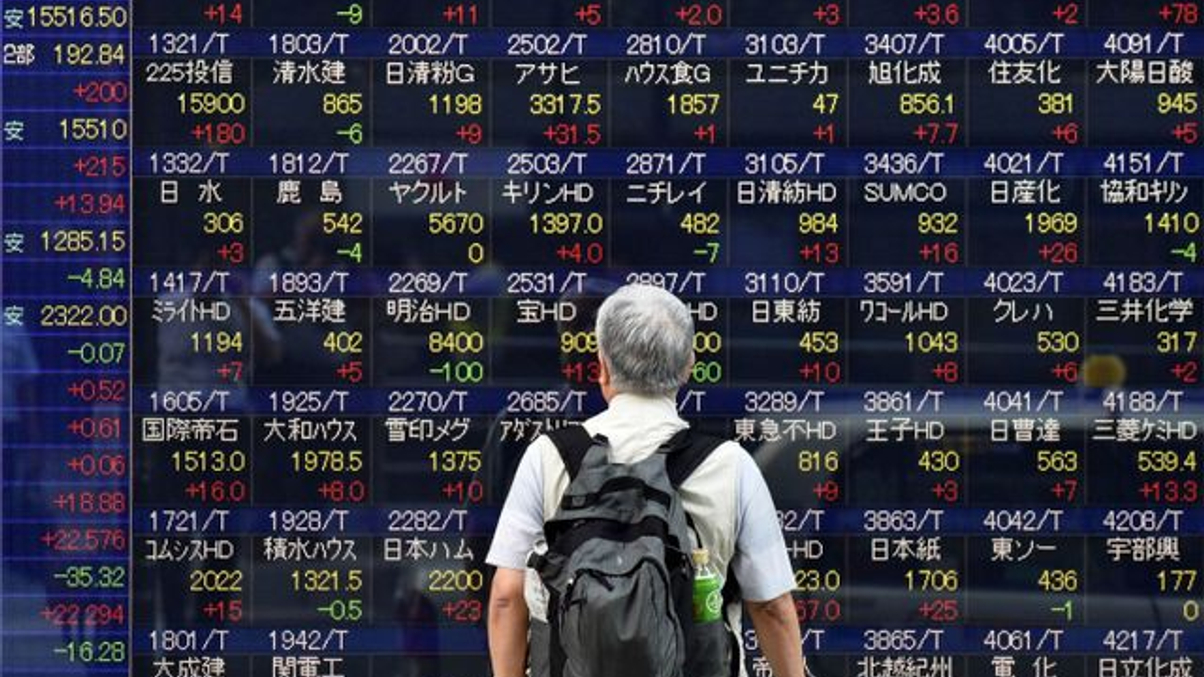Market Views: Can soaring Japanese equities go even higher?
Japanese stocks have hit their highest level in decades. AsianInvestor asks industry experts how much longer the optimism can hold.

Japan’s benchmark Nikkei 225 index closed at a three-decade high on June 2 while another stock market index, the Topix, also soared to a new high not seen since July 1990.
Sign in to read on!
Registered users get 2 free articles in 30 days.
Subscribers have full unlimited access to AsianInvestor
Not signed up? New users get 2 free articles per month, plus a 7-day unlimited free trial.
¬ Haymarket Media Limited. All rights reserved.


